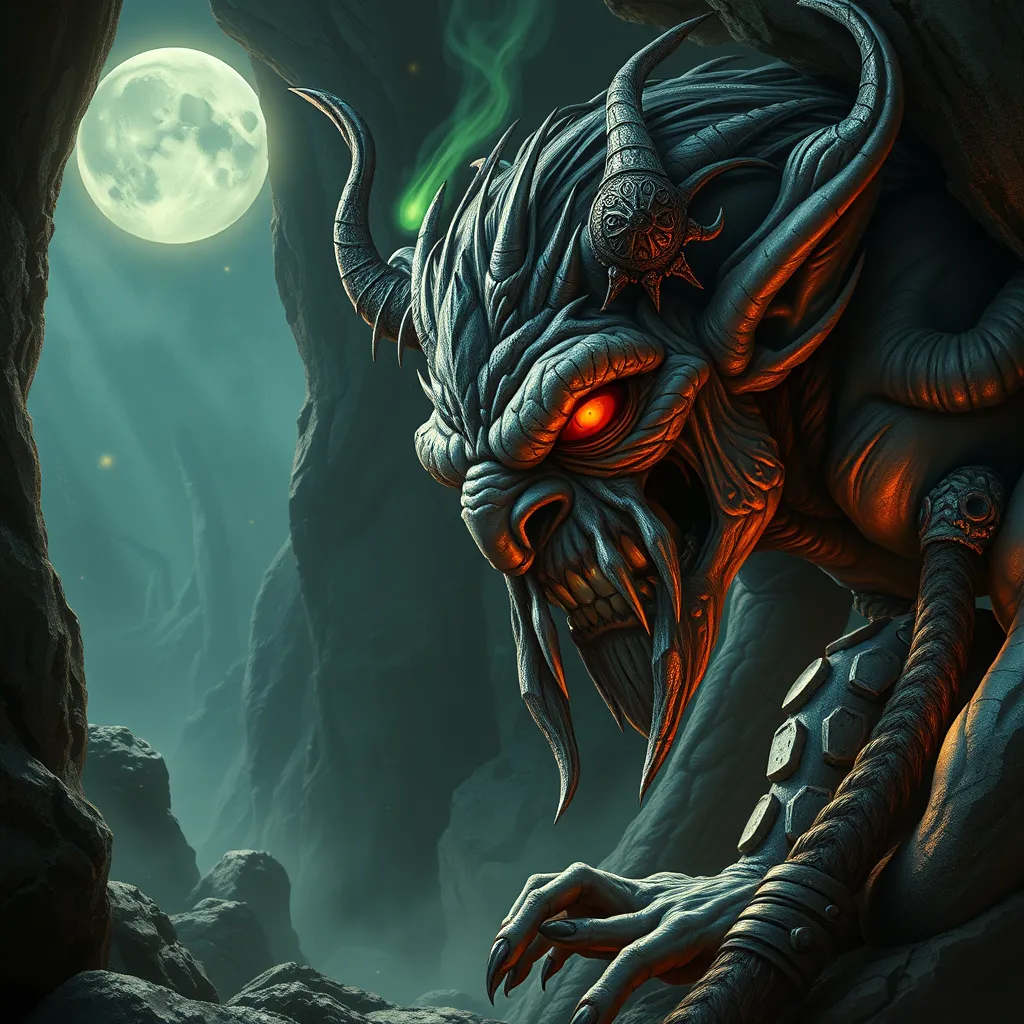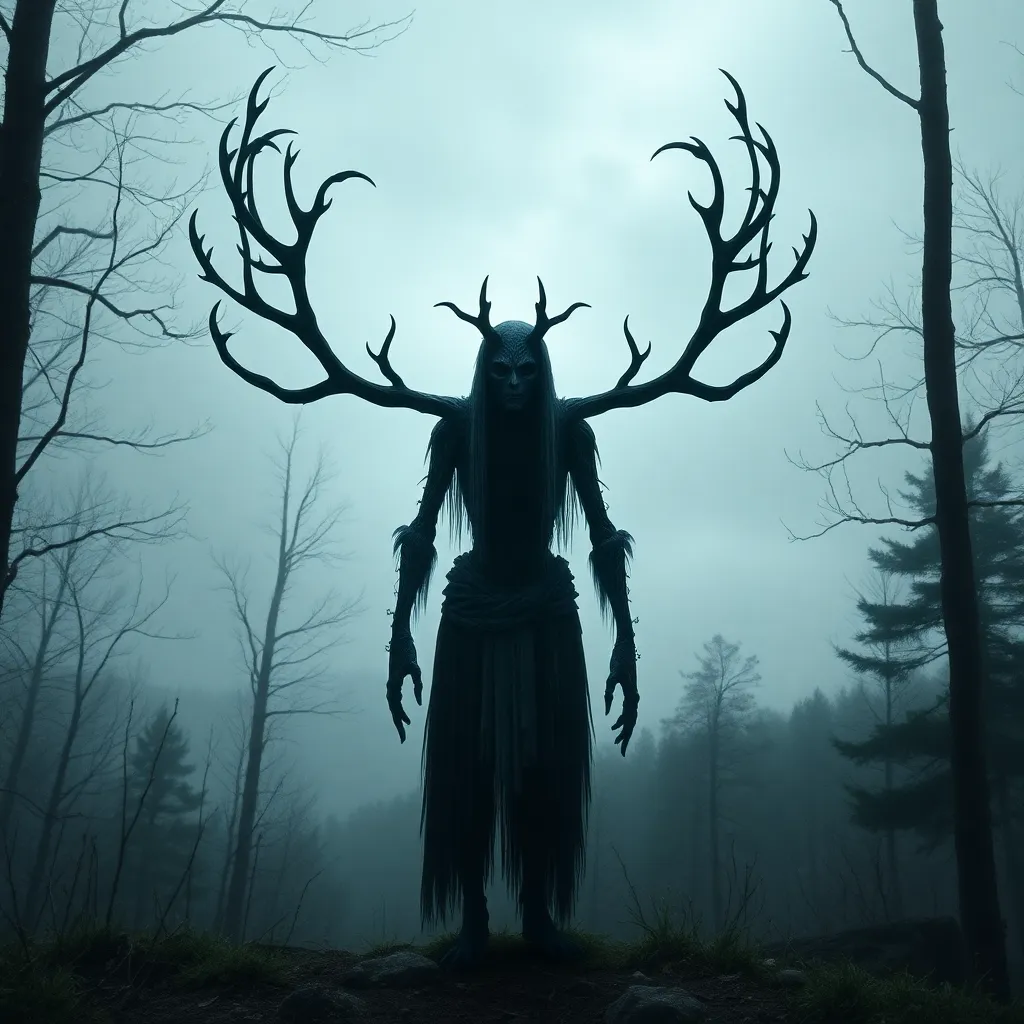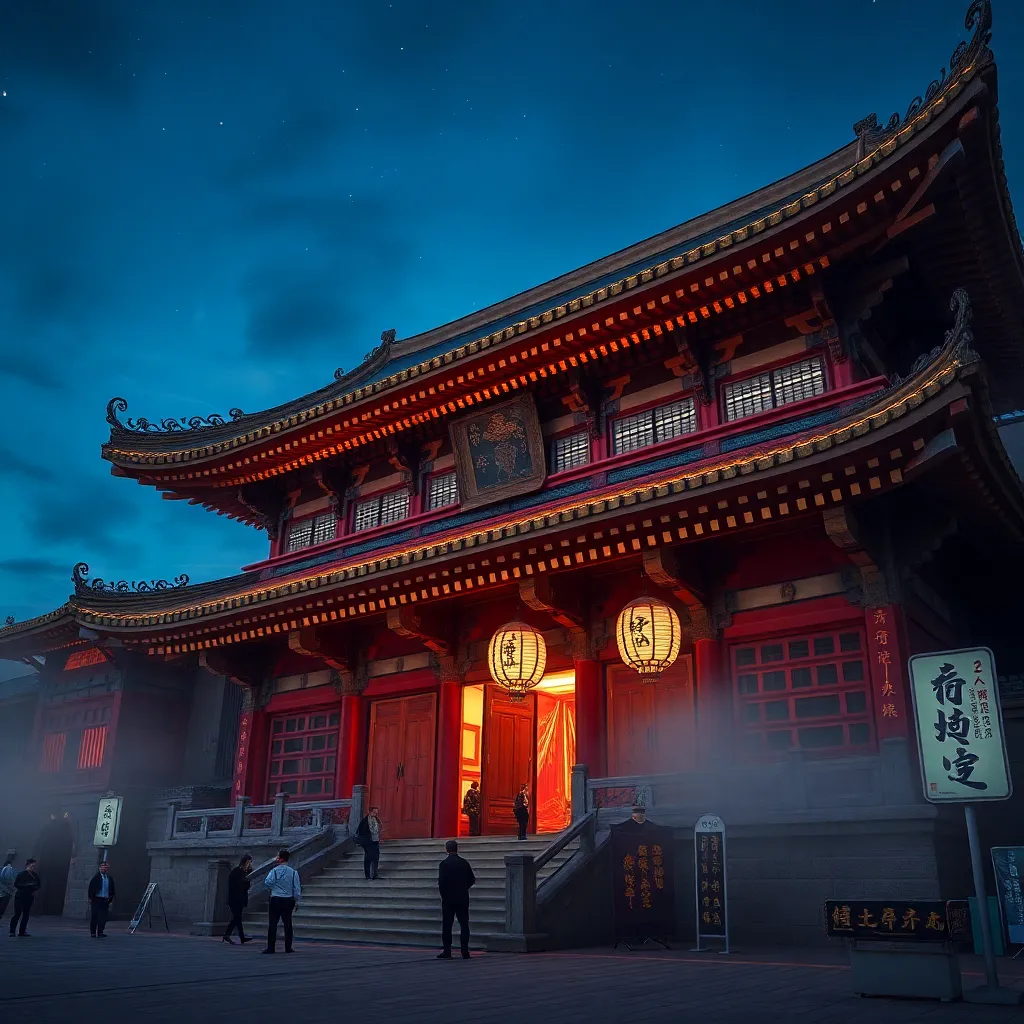Gremlins and the Modern World: Exploring the Relevance of Gremlin Legends in Contemporary Culture
I. Introduction
The term “Gremlin” invokes a sense of mischief and chaos, rooted in legends that have captivated imaginations for decades. Defined as small, mischievous creatures that sabotage machinery, Gremlin legends originated during times of conflict and technological advancement. This article aims to explore the significance of these legends in contemporary culture, analyzing how Gremlins have transitioned from folklore to modern media icons.
As we delve into the various aspects of Gremlins, we will uncover their historical origins, their presence in popular media, and their symbolic meanings that resonate with today’s societal issues. The enduring nature of Gremlin stories offers a unique lens through which we can examine our relationship with technology and chaos.
II. Historical Context of Gremlins
A. Origins of Gremlin Folklore During World War II
Gremlins first emerged in the folklore of World War II, providing a whimsical explanation for mechanical failures in aircraft and other machinery. Pilots and engineers attributed unexplained malfunctions to these mischievous creatures, often depicting them as little troublemakers who lurked in the shadows of technology.
B. Evolution of the Gremlin Myth Over the Decades
As time progressed, the Gremlin myth evolved beyond the confines of wartime folklore. Post-war, they became symbols of the burgeoning technology era, representing the fears and frustrations associated with rapidly advancing machinery. The 1940s and 1950s saw them gain a foothold in popular culture, often depicted in cartoons and literature.
C. The Impact of Technology and Machinery on Gremlin Stories
The rise of technology has only deepened the Gremlin lore. With every new invention, from computers to household appliances, the potential for malfunction—and the accompanying Gremlin narrative—expanded. This connection between Gremlins and technology highlights humanity’s ongoing struggle with the very machines we create.
III. Gremlins in Popular Media
A. Analysis of the 1984 Film “Gremlins”
The 1984 film “Gremlins,” directed by Joe Dante, is arguably the most significant cultural representation of these creatures. The movie presents Gremlins as both adorable and malevolent, reflecting the dual nature of technology. The film’s blend of horror and comedy resonated with audiences, and it established a lasting cultural icon.
B. Representation of Gremlins in Literature and Comics
Gremlins have also made their mark in literature and comics, appearing in various forms. They often serve as a metaphor for human flaws and the unpredictability of technology. Authors and illustrators use Gremlins to critique societal norms and consumer habits, showcasing their versatility as cultural symbols.
C. The Role of Gremlins in Video Games and Other Modern Media
- Video games have embraced Gremlins as characters that embody chaos, often disrupting gameplay or presenting challenges to players.
- New media platforms, such as streaming services, have brought about new interpretations of Gremlin legends, keeping them relevant for modern audiences.
IV. Gremlins as Symbols of Chaos and Disruption
A. How Gremlins Embody Technological Malfunctions and Failures
Gremlins symbolize the unpredictability of technology. Their association with breakdowns and malfunctions serves as a reminder of our reliance on machines and the potential for chaos they can introduce into our lives.
B. The Metaphor of Gremlins in Contemporary Societal Challenges
In today’s world, Gremlins can be viewed as metaphors for various societal challenges, such as:
- The chaos of misinformation in the digital age
- Environmental crises exacerbated by technological advancements
- The complexities of modern consumerism and its repercussions
C. Comparison with Other Cultural Symbols of Chaos
Similar to other cultural symbols, such as the Trickster archetype, Gremlins represent the inherent unpredictability of life. They remind us that chaos can emerge from even the most orderly systems, and the tension between control and disorder is a universal theme.
V. The Psychological Appeal of Gremlin Legends
A. Exploration of Fear and Fascination with the Unknown
The psychological allure of Gremlins lies in the fear of the unknown. They embody the anxieties surrounding our creations, reflecting a deep-seated concern about losing control over technology.
B. Gremlins as Reflections of Human Anxieties in a Tech-Driven World
As our lives become increasingly intertwined with technology, Gremlins symbolize the fears we harbor about our dependence on these systems. They serve as a narrative device through which we can explore our discomfort with technological advancements.
C. The Role of Folklore in Psychological Coping Mechanisms
Folklore, including Gremlin legends, provides a framework for understanding and coping with fears. By externalizing anxieties onto mythical creatures, individuals can process their feelings and confront the chaos in their lives.
VI. Gremlins and Social Commentary
A. How Gremlins Critique Modern Consumerism and Technology
Many representations of Gremlins serve as critiques of rampant consumerism and the pitfalls of technological advancements. They highlight the absurdity of our obsession with gadgets and the chaos that ensues when we prioritize consumption over sustainability.
B. Parallels Between Gremlins and Current Societal Issues
Gremlins resonate with contemporary societal issues, including:
- The environmental impact of technology and consumer habits
- Social media’s role in spreading misinformation and chaos
- The psychological toll of living in a hyper-connected world
C. The Use of Gremlins in Political and Social Discourse
Gremlins have found their way into political and social discussions, often used as metaphors for disruptors in society. They represent the unexpected challenges that arise from the decisions made by those in power.
VII. The Resurgence of Gremlin Culture in the Digital Age
A. The Impact of the Internet and Social Media on Gremlin Folklore
The digital age has revived interest in Gremlin legends, with the Internet serving as a platform for sharing and reshaping these stories. Social media has allowed for the rapid dissemination of Gremlin-related content, keeping the lore alive.
B. Contemporary Adaptations and Reinterpretations of Gremlin Stories
Modern adaptations of Gremlin stories often blend traditional themes with contemporary issues, reflecting current societal anxieties. These reinterpretations keep the narrative fresh and relevant for new generations.
C. The Rise of Memes and Their Connection to Gremlin Legends
Memes have become a vehicle for Gremlin culture, often depicting these creatures in humorous or absurd contexts. This digital form of folklore allows for rapid cultural exchange and reinvention of traditional narratives.
VIII. Conclusion
Gremlin legends remain relevant today, serving as a reflection of our relationship with technology and the chaos intrinsic to modern life. As we navigate an ever-changing world, the enduring nature of these folklore stories invites us to explore the cultural myths that shape our understanding of reality.
In a time where technology often overwhelms us, embracing the metaphor of the Gremlin can help us confront our fears and uncertainties. By appreciating and examining these cultural myths, we can find meaning and insight in a rapidly evolving landscape.



